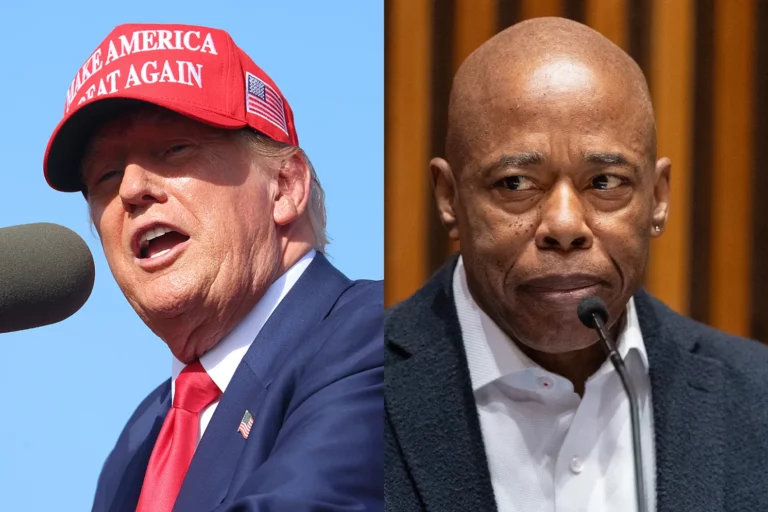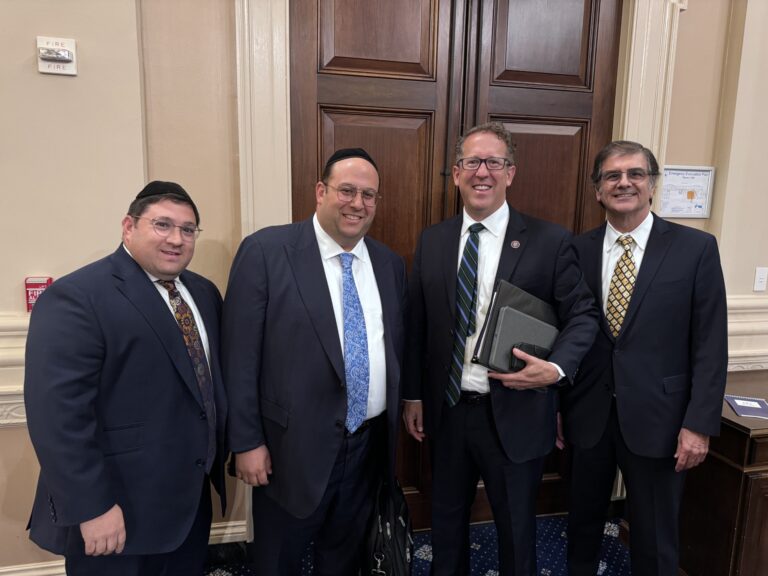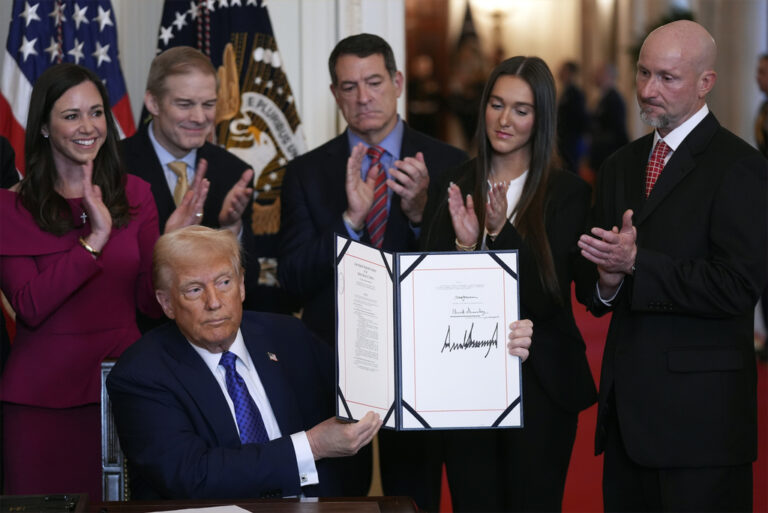 Clarke Reed and Billy Mounger still sound like they want to spit when they talk about each other — 40 years after the contested Republican National Convention where the Mississippi delegation split between President Gerald Ford and smooth-talking Ronald Reagan.
Clarke Reed and Billy Mounger still sound like they want to spit when they talk about each other — 40 years after the contested Republican National Convention where the Mississippi delegation split between President Gerald Ford and smooth-talking Ronald Reagan.
As the GOP stares down the possibility of a contested convention this summer if neither Donald Trump nor Ted Cruz wins enough delegates to secure the presidential nomination, that bitter fight in 1976 provides a window into just how ugly things could get.
Reed, who first supported Reagan but ultimately backed Ford, and Mounger, who stuck with Reagan, were once close friends who traveled to GOP functions together. The rift created by that chaotic, high-pressure convention was never repaired.
“We have not communicated since 1976,” Mounger, a 90-year-old oil business mogul from Jackson, says curtly when asked about Reed.
During a separate interview at his office in the Delta city of Greenville, the 87-year-old Reed, who earned his fortune with a company that makes devices to scare birds away from crops and airports, is asked if he and Mounger had a permanent split because of the ’76 presidential race.
“Yeah,” Reed says. “He did.”
___
In 1976, a young man named Haley Barbour was executive director of the Mississippi GOP. The Yazoo City native would go on to work for the Reagan White House in the 1980s, to be chairman of the Republican National Committee in the mid-1990s and to serve as governor of Mississippi from 2004 to 2012.
One of Barbour’s duties was to keep tabs on Mississippi’s 30 delegates and 30 alternates to the convention. The state didn’t have a Republican presidential primary then; instead, delegates and alternates were chosen based on their involvement in party activities, and they were not pledged to any particular candidate.
Winning the Republican nomination requires a set number of delegates — 1,130 in 1976 and 1,237 now. Each state’s delegates are decided by primaries or caucuses, but if no candidate wins enough delegates before the convention, the wheeling and dealing for support begins. The 1976 primary race between Ford and Reagan marked the last time a party nomination was undecided going into a national convention.
From 1964 to 1972, Mississippi’s delegation had operated as a unit, giving all its votes to one candidate. Party leaders originally planned to do so again in 1976.
“We assumed it would all be over when we got there, particularly since Ford had won virtually everything in the early going,” recalled Barbour, now 68.
But then things began to unravel.
___
Gil Carmichael, a businessman from Meridian, was the GOP nominee for Mississippi governor in 1975. Although he came closer to winning than any Republican since Reconstruction, he angered Mounger by speaking out for the Equal Rights Amendment and advocating federal aid for New York City.
Carmichael got on board with the 1976 Ford campaign and, significantly, announced that he would stick with the president, regardless of what anybody else in the Mississippi delegation wanted to do.
The unit was broken.
___
Reed, tall and white-haired with a patrician bearing, and Mounger, a West Point graduate with the square-jawed stubbornness of a bulldog, have been in the upper echelons of Mississippi Republican politics since the 1960s.
Reagan had been a conservative favorite since he made a televised speech to support Republican Barry Goldwater’s presidential campaign in 1964. Mounger said he had been completely on board with Reagan since meeting the California governor in Sacramento in 1967. Mounger said the tall, athletic former movie star had charisma that filled the room: “He’s the only man that’s ever given me kind of goosebumps.”
Reed asked Mounger to lead the Reagan campaign in Mississippi in 1976, but he said Mounger seemed more interested in tennis than politics.
“Poor Billy Mounger just failed as the Reagan chair,” Reed said.
Mounger said he gave the Reagan camp plenty of notice that his life would be consumed for a few weeks that summer running a national tennis tournament in Mississippi.
“I said, ‘There’s two to three weeks that I may as well be comatose during this campaign. I can’t do anything,'” Mounger said.
And he has his own complaint: He said Reed bought into flattery by the Ford administration, including being invited to a White House dinner honoring the queen of England.
___
The United States celebrated its star-spangled bicentennial in 1976, and Ford used the prestige of the nation’s top office to woo potential supporters. Influential people such as Reed, who was leader of the Southern Republican chairmen, were given access.
Reed said he met Queen Elizabeth in the receiving line at the White House. He also recalled that during another White House reception a few months before the convention, Ford chief of staff Dick Cheney, the future vice president, invited him to go back to the Oval Office.
“I said, ‘There’s a lot of people here who’ve never seen a president. Why don’t you let them do it?'” Reed said. “About five minutes later, he came back: ‘The president wants to see you.'”
___
As the convention approached, the Ford and Reagan camps wheedled and pressured for support from Mississippi’s 30 unpledged delegates. Movie stars visited for Reagan; Betty Ford called on her husband’s behalf.
Barbour recalled Reagan met twice with the delegation — once with his proposed running mate, Pennsylvania Sen. Richard Schweiker, and once without.
“Everybody was coming to see us. These poor people had never seen this before, the average delegate,” Reed said. At a meeting away from the convention floor in Kansas City, Reed recalled that Mississippi delegates were showing the stress: “I looked out, and about half of them were crying.”
By then, the delegation was fractured.
Reed said he moved into the Ford camp because he thought Reagan made “a hell of a mistake” by choosing a more liberal northeastern running mate in a gambit to win support of the unpledged Pennsylvania delegation.
“In my opinion, Reagan was the best president of my lifetime. I didn’t know that then,” Reed said. “And had he been elected with Schweiker, he might’ve gotten a bullet one inch over and Schweiker would’ve been president.”
Barbour said that by his own reckoning going into the convention, 24 Mississippi delegates were for Reagan and four were Ford. By the end, 16 voted for Ford, 14 for Reagan.
Mounger recalled the maneuvering in between: He had two Democratic power brokers — men with whom he’d served on a bank board — persuade a minister from a Jackson suburb to stick with Reagan. Then, at the convention, Mounger watched as that minister announced his support for Ford, flanked by two burly supporters of the president.
Some suggested Mississippi killed Reagan’s chances of winning the nomination that year. But Reed bristles at that because even with all 30 of Mississippi’s votes, Reagan would have been 44 votes short of the nomination.
“The game was over,” Reed said. “There were no chips out there.”
Ford won the nomination but ultimately lost the presidency to Democrat Jimmy Carter.
Mounger said Reed double-crossed him in not holding the Mississippi delegation together for Reagan.
“As old as I am,” Mounger said, “I got my greatest lesson on the sorriness of human nature at that time.”
(AP)










